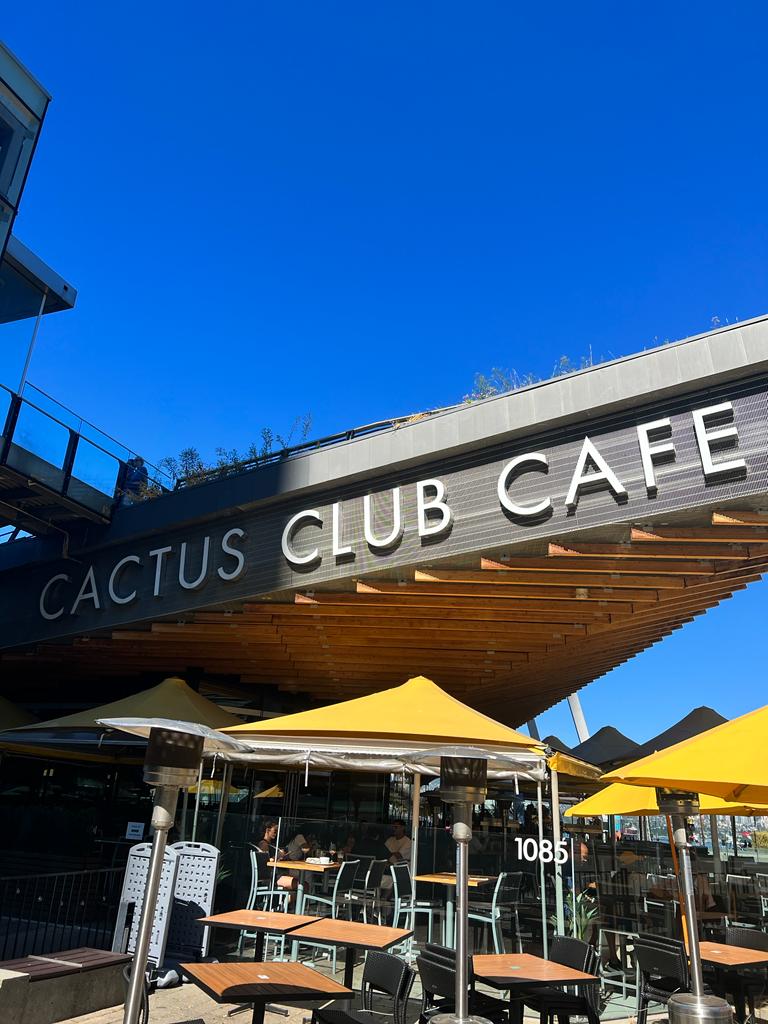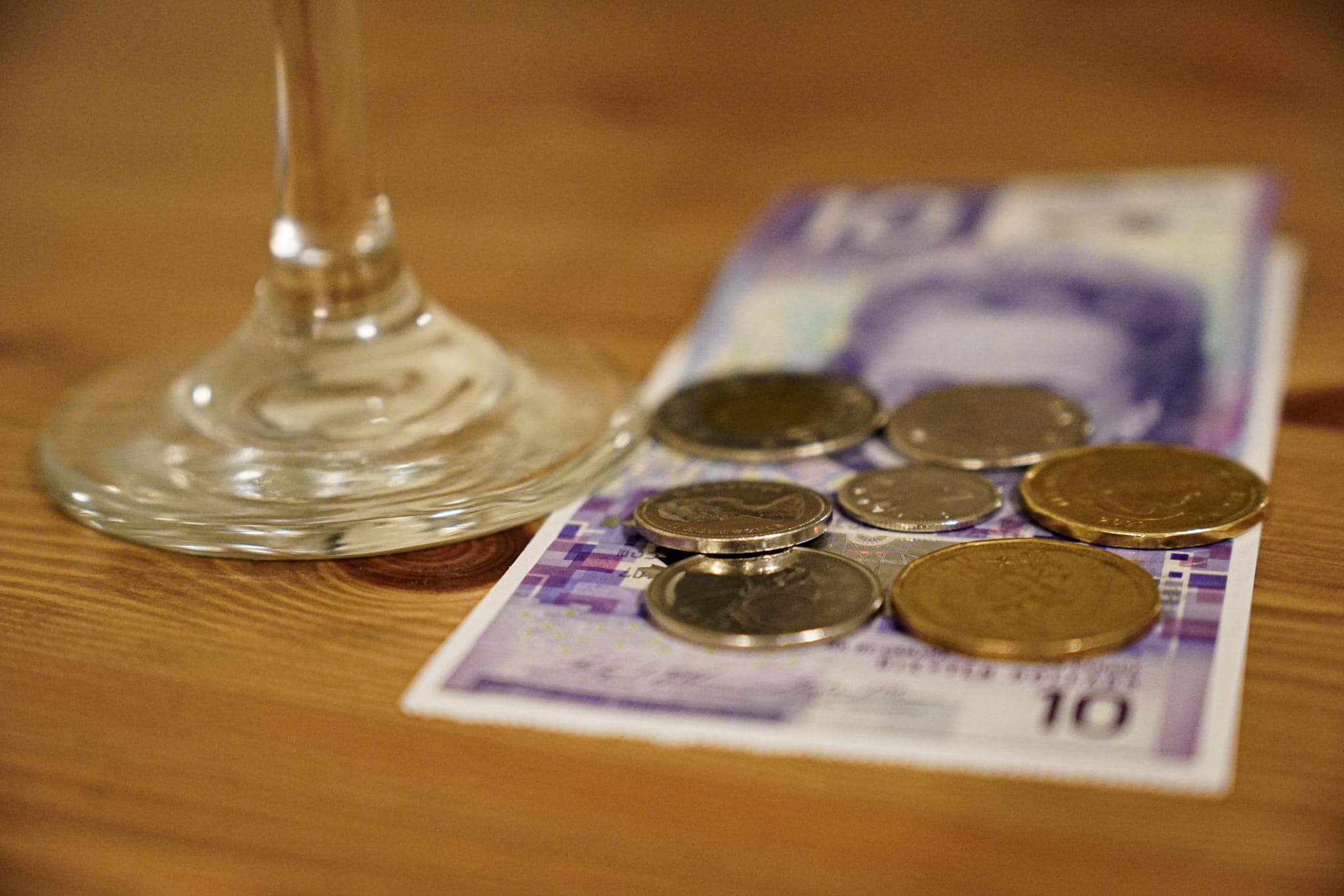Tipping Culture Across the Globe
So you finally get the chance to eat fresh sashimi in Japan or try boerewors in South Africa , and you love it – so much that you want to show appreciation to your server for an unforgettable meal. But is tipping customary where you are? And if so, how much should you tip?
If you wish to brush up on your tipping etiquette before you go abroad, please keep reading.
In a nutshell: Throughout North, Central, and South America, it is customary to leave gratuity since tips can be a substantial part of a server’s income. Tipping here in Canada is much different than in other places around the world. Several travelers mentioned that they found it surprising when they tried to tip a cab driver in France or a server in Germany, only to see them reject it or become offended.. It’s considered borderline rude or insulting to void the tip. Irrespective of mediocre service or a person’s middle class bank balance, people here still choose to tip as tipping is seen as a gesture of goodwill, especially if you’re a repeat customer. So why do other countries have differing views?

So, what exactly is tipping?
Tipping is an optional gratuity you can add onto your bill if you appreciate the service. It’s believed that the concept of tipping originated in the 17th century thanks to the British, as part of an aristocratic practice of giving small gifts to the so-called ‘inferior classes’. Most service jobs, like waitpersons and housekeepers, do not get adequate hourly wages because their employers decide that it’s up to the customer whether or not they have done their job correctly. However, tipping can vary depending on the service being provided. For example, fine dining restaurants accept tips at the end of the service when the customer is paying, while fast food restaurants accept tips before the food is received by the customer. Unfortunately, tipping today has become a bit confusing. A lot of people are of the opinion that there is no need to tip a fast food joint. They argue that fast food joints aren’t serving you with hospitality. They are simply selling you a product whose price you are already paying. Then there are some who think that most of the times the tips dont even end up in the workers pockets. Lastly,there is a group of consumers who think that you should only tip someone when your personal enjoyment depends on them, and never tip before the job has been done.
Let us look at a few tipping cultures across the globe.

The Americas
When it comes to tipping the Americans and the Canadians follow an unspoken rule: the better you tip, the better service you’ll receive next time you come back. For restaurants here service charge isn’t always added into the bill, and so tipping is pretty much a foregone conclusion – around 15 to 20% is the norm, unless the meal was truly inedible and/or the waitstaff were obnoxious. The tipping culture in these countries is the result of the structure of the wages for workers that receive tips.
Europe
While there is tipping in European countries, it’s not the same as it is in the US. Most European countries will add a service charge to your bill. You’ll find this to be true in France, Spain, Germany, the UK, Czech Republic, Ireland, Portugal, and Hungary. However, if there is no service charge applied to your bill, you can leave between 5–10% in local currency unless your service or food (or both) was dreadful. For Austria, Italy, and Russia, there won’t always be a service charge or an expectation of a tip. In Italy specifically, if coperto is written on your bill, it means there’s a cover charge. If you’d like to give your server something special for their stellar service, you can give them a cash tip directly, as that cover charge may not make its way to the wait staff. In the Scandinavian countries, which are already expensive, you’ll find you get a break from tipping here. Tips are not expected and the overall price of the meals you’ll get at restaurants amply covers it.
Asia
Asian countries tend to have less emphasis on tipping. Countries like China, Taiwan, Singapore, and Myanmar, it’s not at all expected for patrons to leave a tip. Contrary to the western culture, tipping in these countries is viewed as bribing and will not be treated kindly. Oftentimes, it also leads to embarrassing the servers and/or offending them. In more recent years due to globalization and greater numbers of tourists from North America, you may see some of the more upscale places in China’s larger cities like Shanghai accept small tips if you offer them. However, it is crucial to comprehend that in some of these Asian countries, it has been documented that tips do not make it to the server and instead go directly to the restaurant owner.
In countries like Vietnam, Thailand, Indonesia, Cambodia, and Malaysia and India, tipping is not a traditional part of the culture, yet tourists have pampered wait staff to the point that they’ve become used to it. You’ll likely see a service charge on your bill, but if not, you can leave 5–10% in more established restaurants. For informal places, you can round up the bill. On the other hand, in both Japan and South Korea, tipping is not part of the customs. In South Korea, you won’t offend the wait staff, though your tip may be declined. However, in Japan, if you do decide to leave a tip, offense may be taken as it’s considered rude in Japanese culture. The philosophy behind this is that leaving a tip may imply that a high level of service would not be received if not for a gratuity. Therefore, by leaving one, a guest indicates that they did not expect to have good service in the first place.

While tipping varies in some places and is nonexistent in others, it’s a good rule of thumb to check out what the tipping culture is like before you arrive. Although a lot of countries around the world do not expect to be tipped or find tipping rude, the vast spread of culinary tourism across the globe is working towards getting them accustomed to this idea.
Although a lot of countries around the world do not expect to be tipped or find tipping rude, the vast spread of culinary tourism across the globe is working towards getting them accustomed to this idea. With that being said, tipping culture is also prone to change over time, as the tourism industry can shape the economy of different countries around the world.
If ever in doubt about whether to leave a small gratuity for your server, simply asking them would be a great way to clear up any uncertainties, and you can always round up your bill to show your gratitude.




